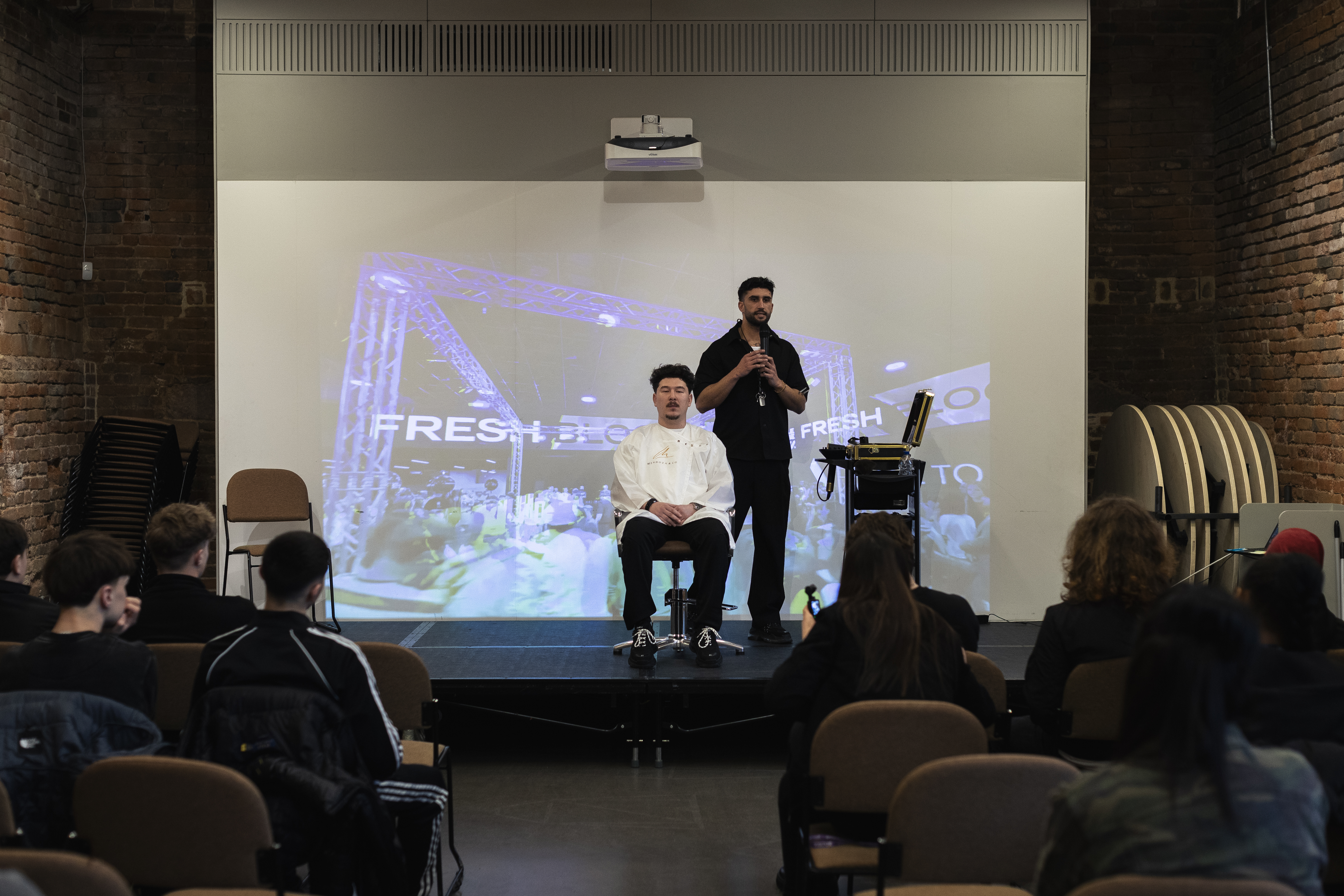24TH OCT 2024
College and University: What are the main differences?


When you’re thinking about your future and all of your higher education options it can hard to know which is the right choice for you. We’ve broken down some of the main differences between college and university to help you make an informed decision.
1. The courses available
Universities typically offer a range of Bachelor’s degree programmes that can be completed in 3 to 4 years with fulltime study. You can choose to focus on a single subject, or sometimes combine subjects in a joint honours course.
Colleges offer a range of work-related qualifications, known as HNCs, HNDs and new HTQs. A Higher National Certificate (HNC) is a one-year level 4 course, equivalent to the first year of a degree programme. The Higher National Diploma (HND) is a two-year level 5 course, equivalent to the first two years of a degree programme.
New Higher Technical Qualification courses (HTQ) are level 4 or level 5 qualifications that have been approved by the Institute for Apprenticeships and Technical Education as meeting occupational standards for the relevant sector. They have been developed in collaboration with employers and businesses so that students get the specific training, knowledge and skills required for their chosen career.
Many higher education courses at college are also accredited by professional awarding bodies. If you complete a higher education course at college, it’s possible to go on to Chartered status, for example, to become a Chartered Accountant. It’s also possible to progress to complete a full bachelor’s degree at a university, either through a specific top-up course, or by directly entering a degree in year three.
Alongside this, you may also want to consider a higher level apprenticeship. These can immediately follow a level 3 course, such as a BTEC diploma or A levels. They start at level 4, and can lead all the way up to degree level or post-graduate level.
2. Work experience
Some university courses offer sandwich years or work placements in industry as part of the course, alongside academic study. HNCs, HNDs or HTQs are all practical based qualifications, so if you choose to study at college you’ll have the perfect foundation for getting straight into work or further study. You’ll learn the skills needed in your chosen career and may even get local work experience during your course.
Studying a shorter higher education course is also a good option if you don’t feel quite prepared to start at university straight after college or sixth form. You can study at a manageable pace and apply to study at university when you feel ready.
HNCs, HNDs and HTQs are also geared to support career progression, and can help improve your prospects in an industry where you already have experience but would benefit from an additional professional qualification.
3. Learning experience
University courses typically offer a mix of lectures, seminars, and occasionally lab work, if you choose to study a science based course. Seminars are most like the classes you’ll be used to in school and college, whereas lectures offer less room for interaction and can sometimes have hundreds of people, depending on the size of the university!
Higher education classes at college are often smaller so you won’t get lost in a sea of other students, and you’ll have more opportunities to build great relationships with your lecturers who can help maximise your strengths and build your confidence.
4. Choosing where to live
However you choose, it’s important to make sure you study somewhere that you’ll be happy to live. Some students move away to go to a particular university and experience new places, or choose a university based on the course. For some students, the benefits of being able to study and still live at home are the most important factor, where they can save money and still have their friends and family support network.
If you’re still weighing up your options, it may be reassuring to know that more and more students are now choosing to live at home whilst studying – a whopping 37%!
5. The all important costs
If you choose to move away for university, you’ll most likely look to live in student accommodation which can be costly. You may be eligible for student funding to help with the cost of living and studying. If you choose to study locally you might find it’s a much cheaper option to gain a degree as you could benefit from competitive fees and no relocation costs. If you’ve already studied a Further Education (level 3) course at college, you could also be entitled to a bursary towards the costs of your course.
If you’d like to find out more about studying at university, or studying university level courses at college, head over to our University Level pages.
For information on applying for one of our courses, view the Application Process or contact our friendly Admissions Team by emailing applications@gloscol.ac.uk.
At Gloucestershire College, we offer university level courses in:
- Accounting, Business, HR and Management
- Computing
- Construction
- Creative Media and Film
- Early Years, Education and Training
- Engineering (Electrical and Mechanical)
- Fashion, Photography and Music
- Graphic Design
- Theatre Production
- Therapeutic Counselling
According to Which?, the average student in England will graduate with debts of over £50,000. It’s no wonder that people are finding much more practical alternatives to university to accelerate their careers.












